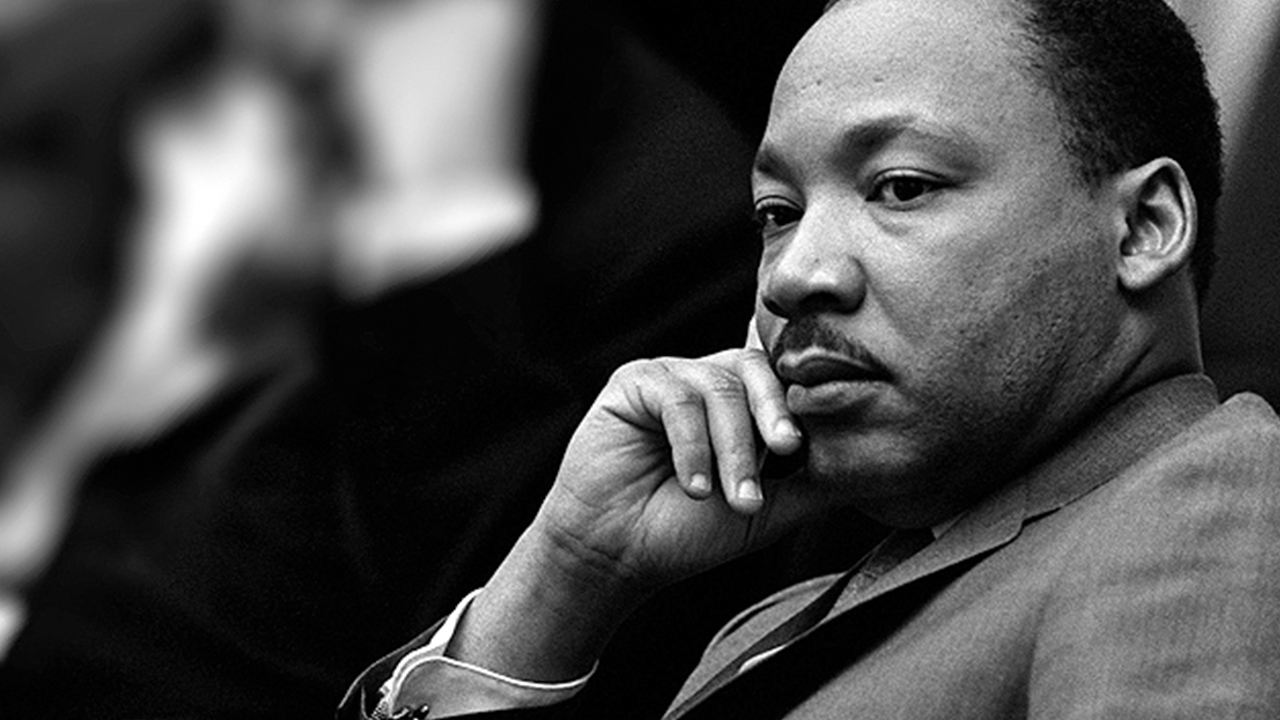By Nkechi Taifa and Mark Osler —
As politicians and office-holders trot out their annual tributes to Dr. Martin Luther King, Jr., beware of a big lie that has too often been front and center in these speeches. In short, it is this: That there was racism in America, that Dr. King came and solved the problem, and now we are lucky to live in a post-racial America.
This narrative was exemplified in an address by then-Attorney General Jeff Sessions at the Department of Justice’s commemoration of Martin Luther King, Jr. Day last January.
First (and inarguably), Sessions remembered the racial contours of his childhood in Alabama, citing segregated schools, wage discrimination, denial of the right to vote, and the absence of African-Americans within law enforcement at that time. Next, and also inarguably, he noted the emergence of Dr. King as a truth-teller, saying “Dr. King exposed that system for what it was — to the country and to the world — and helped end it by putting it to shame.” But from that point forward, there was nothing: no recognition of enduring problems, no mention of lingering racial disparities, and no acknowledgment of a challenge ahead. The story ended with an abrupt victory.
That sense of the finality of the project was repeated later in Sessions’ speech, when he again turned to Dr. King’s role and claimed, “Indeed, while he led the movement, the Department of Justice became the engine for making the dream a reality.” Consider that for a moment: to the top law enforcement officer in the United States, Dr. King’s dream was now “a reality.” And, in his mind, it was the Department of Justice that accomplished this.
That false narrative of a dream already achieved seems at times to be embraced by President Trump himself. Last January, shortly before Sessions’ speech, he reportedly defined African nations and Haiti as “shithole countries.” When he was criticized for that, he told reporters that he was the “least racist person you have ever interviewed.” Even given Trump’s penchant for exaggeration, it is hard to believe the President could hold those two thoughts together. Yet, it is possible, if “racism” is seen as limited to the atrocities of the Jim Crow era. From that perspective, a bright line divides people who are racists because they still believe in overt discrimination and segregated schools, and those who do not — and Trump sees himself as being on the right side of that line, since he is against legally segregated schools and similar institutions. As a pro-Trump staff editorial in the Pittsburgh Post-Gazette printed on that same Martin Luther King, Jr. Day put it, “We need to confine the word “racist” to people like Bull Connor and Dylann Roof.”
The “dream achieved” narrative is understandably attractive to those in power. If racism is a thing of the past, those in power are both freed from responsibility to address questions of race and personally absolved of the stain of racism. Instead, it is only those who insist on talking about race who are labeled by the dream-achieved believer as the real racists — a standpoint that allows for a bizarre joint condemnation of white supremacists and Black Lives Matter. The common bond between those groups, from that perspective, is that they both talk about race and thus deny the completion of the race equity project.
The fact is, though, that the dream has not been achieved. Although the U.S. has moved from overt racist lynchings and, in most cases, explicitly blatant discrimination as the order of the day, institutionalized mass incarceration has taken its place. Appallingly, the system decimates not only individuals and families but generations of Black people as well. It is past time that we courageously confront the disastrous policies of the past half-century, as opposed to a continual whitewashing of the historical record.
The bottom line is, race still matters. For many it adversely impacts where you live, what school you attend, what your paycheck looks like and the quality of your life. It results in concentrated poverty , extrajudicial killings and harmful health outcomes. If we ignore reality and pretend this is not true, we will never garner the fortitude necessary to advance creative solutions that repair the racial divide.
Rather, the country will continue down the path of “Dred Scott” justice where the human rights of Black people are not bound to be respected.
Everything is not OK. We need recognition from government that racial problems still permeate. We need a revolution in values that leads us toward compassion and away from destruction. And we need atonement for past and continuing injustices.
The big lie of “a dream achieved” must be rejected. It is wrong to lie about a fact, but infinitely more damaging to lie about the central narrative of a nation.
Nkechi Taifa, Esq. is the Convener of the Justice Roundtable and President of The Taifa Group LLC.
Mark Osler is the Robert and Marion Short Professor of Law at the University of St. Thomas (MN).















